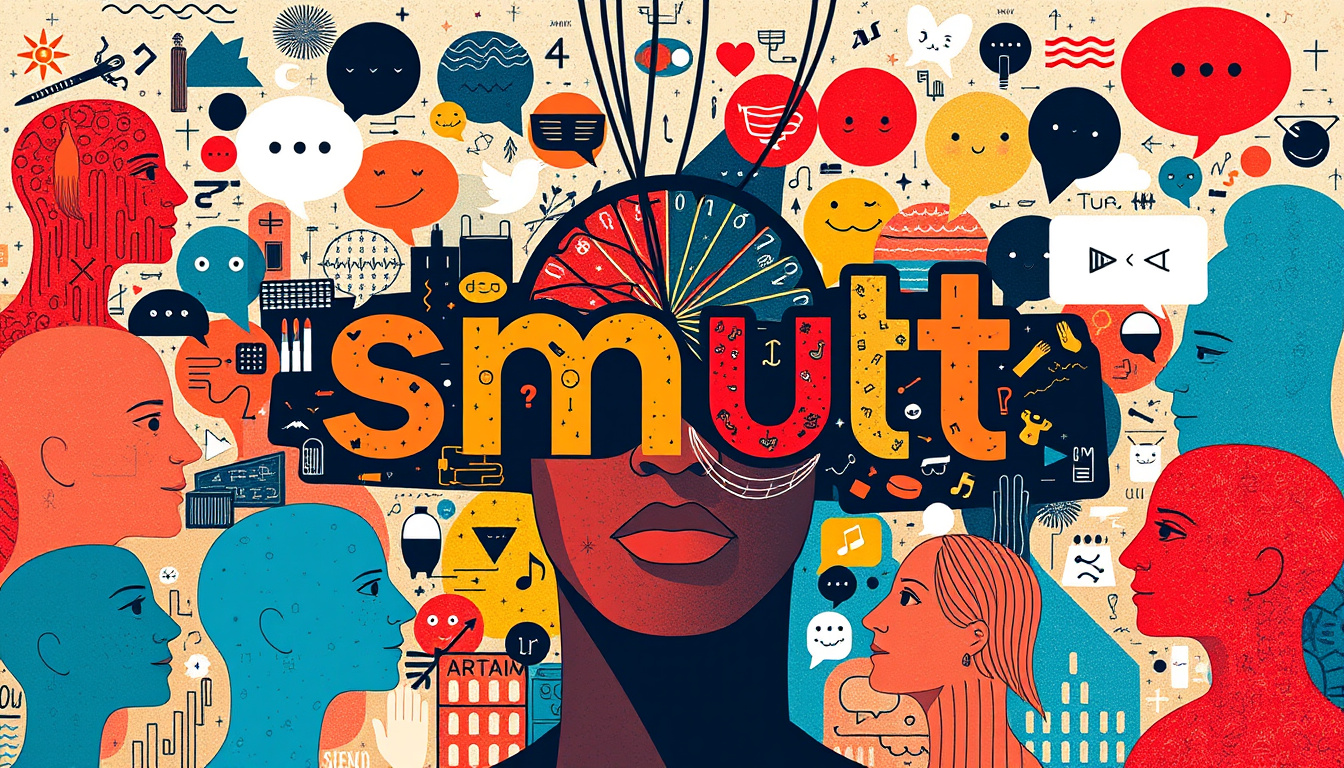Physical Address
304 North Cardinal St.
Dorchester Center, MA 02124
Physical Address
304 North Cardinal St.
Dorchester Center, MA 02124

The term "smut" has evolved over time, and its interpretation can vary widely depending on the context in which it is used. Rooted in both colloquial and literary traditions, the term carries meanings that touch on various facets of human expression, from the explicit to the metaphorical. Here, we explore the definitions, usages, and connotations associated with the word "smut."
According to authoritative sources like the Oxford English Dictionary, "smut" derives from the Old English word smeotan, meaning "to smear" or "to defile." In its most basic form, "smut" has been historically used to describe foul or soiled substances, particularly dirt or grime. However, in contemporary usage, the term has taken on more nuanced meanings.
In modern vernacular, "smut" commonly refers to sexually explicit material, particularly literature or media that is considered vulgar or obscene. This interpretation often encompasses a range of content, from erotic literature to adult films. The usage underscores the idea that such materials can provoke strong reactions, representing not just the sexual themes they cover but also societal attitudes toward sexuality and obscenity.
Example in Context: In discussions about literature or film, one might say, "The novel was criticized for its smut, but some readers appreciated its candid exploration of desire."
Beyond its explicit implication, "smut" can also be employed metaphorically to represent anything deemed corrupt, immoral, or unclean. This can include metaphorical "smut" in politics, where unethical practices might be described as such, or in discussions surrounding culture where certain influences are labeled as ‘smutty.’
Example in Context: It’s not uncommon for journalists to refer to tabloid gossip or sensationalist reporting as "smut," highlighting its perceived low moral standing.
The acceptability and interpretation of what constitutes "smut" can be highly subjective and culturally relative. Different societies have varying thresholds for what is considered vulgar or obscene. This variance is often reflected in literature, media, and public discourse.
For instance, in some cultures, open discussions about sexuality are seen as liberating, while in others they might be met with resistance and labeled as inappropriate. This dichotomy helps shape the ongoing discourse surrounding what "smut" means in different contexts.

The literary and artistic world has a long-standing relationship with "smut." Many authors and artists have used explicit content as a means to challenge societal norms, provoke thought, or explore the complexities of human nature. Classic literary works, such as those by Henry Miller or Anaïs Nin, often tread the line of smutty content while providing deeper philosophical insights into love, desire, and human connection.
Throughout history, the boundaries of what is considered acceptable in art and literature have continually shifted. Artists often face the challenge of conveying raw emotion and authenticity while navigating the potential backlash associated with smutty content. This highlights a crucial aspect of the term: the tension between freedom of expression and societal values.
The term "smut" serves as a fascinating lens through which to understand changing societal norms surrounding sexuality and morality. While its primary meaning relates to explicit content, it carries metaphoric weight that applies to broader ethical considerations. Ultimately, the discussions surrounding "smut" are as diverse and multifaceted as language itself, representing the continuous evolution of human expression.
In a world where concepts of propriety and decency are ever-changing, understanding the complexities of terms like "smut" helps individuals navigate the intricate terrain of human communication and cultural expression.
If you enjoyed this post and you’re craving more stories that sizzle, check out my books at Arizona-Jewel. From slow burns to explosive encounters, there’s a story waiting to sweep you away.